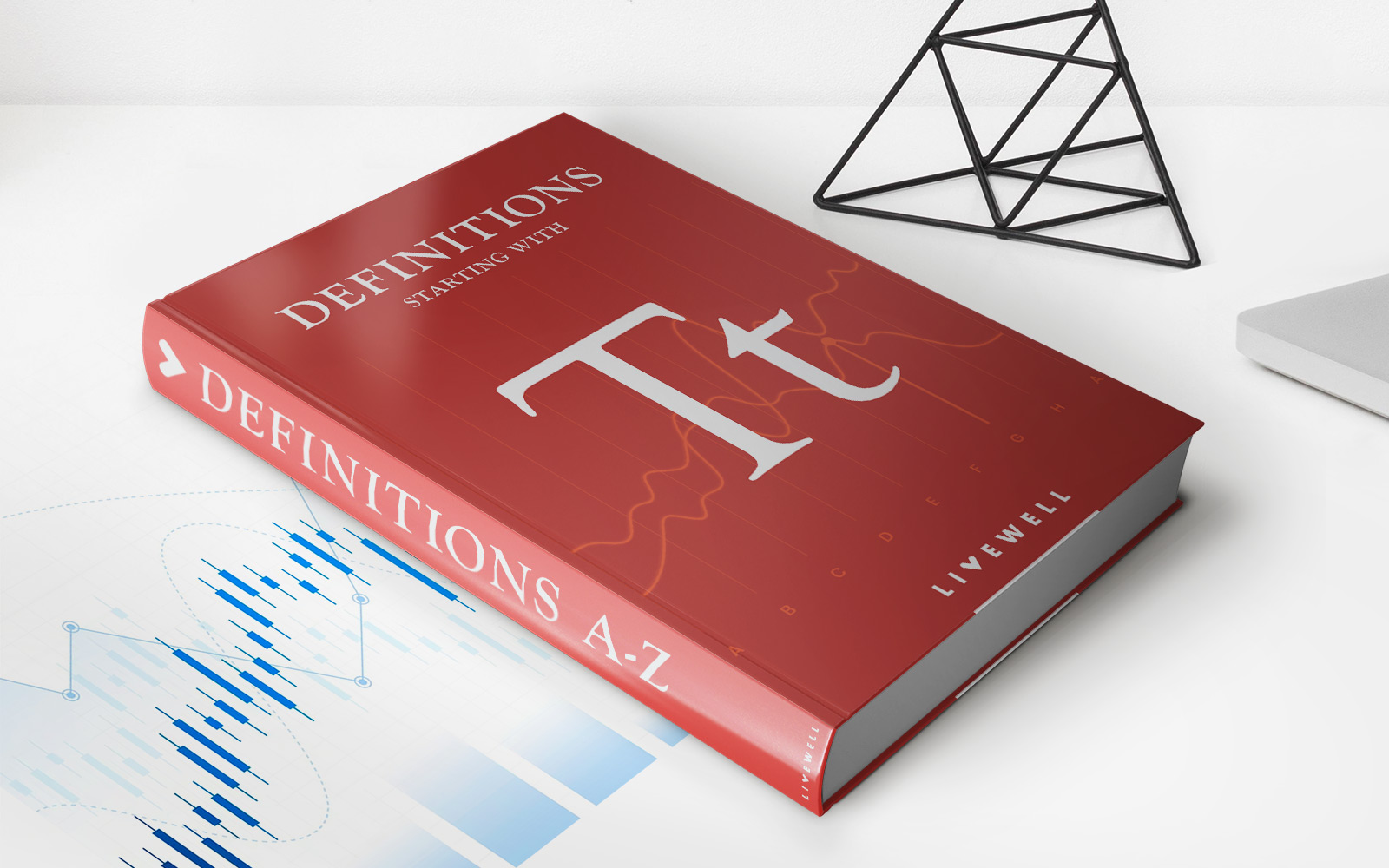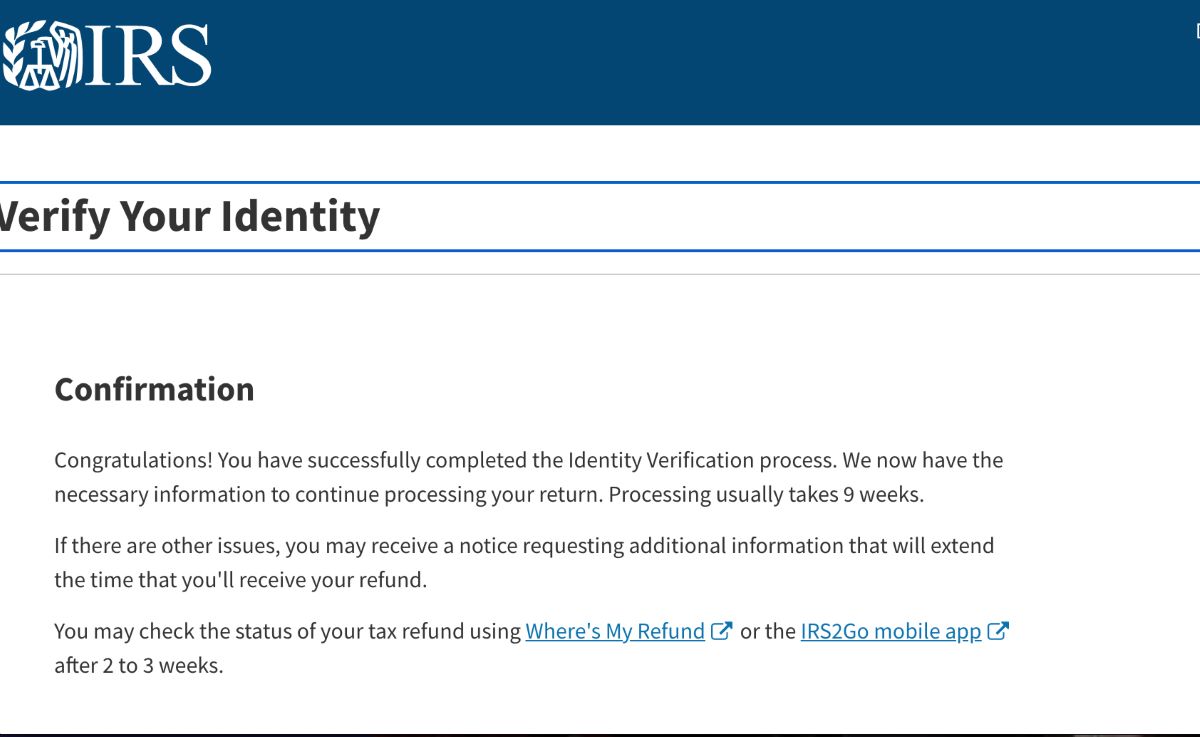Home>Finance>Special Assessment Tax Definition, Who Pays, Example


Finance
Special Assessment Tax Definition, Who Pays, Example
Published: January 31, 2024
Learn the definition of special assessment tax in finance, who is responsible for paying it, and see a real-life example. Understanding this concept can help you navigate your financial obligations more effectively.
(Many of the links in this article redirect to a specific reviewed product. Your purchase of these products through affiliate links helps to generate commission for LiveWell, at no extra cost. Learn more)
Understanding Special Assessment Tax: Who Pays and Examples
Finance can be a complex topic, and one area that often raises questions is special assessment taxes. In this blog post, we will provide a clear definition of special assessment taxes and explain who pays them. We will also provide examples, offering a comprehensive understanding of this aspect of taxation.
Key Takeaways:
- Special assessment taxes are levied to fund specific public infrastructure projects or community improvements.
- Property owners within the designated area where the project takes place are usually responsible for paying these taxes.
What is a Special Assessment Tax?
A special assessment tax is a type of tax imposed on property owners to finance designated public infrastructure projects or community improvements. These projects can include road constructions, sewer line installations, street lighting upgrades, or park developments. The tax is intended to ensure that the costs of these improvements are shared by those who directly benefit from them.
In a special assessment tax, the expenses incurred for the infrastructure project are divided among the property owners within a defined area, typically based on the assessed value of their properties. This means that property owners who have more valuable properties will generally pay a higher amount compared to those with less valuable properties.
Who Pays Special Assessment Taxes?
The responsibility for paying special assessment taxes falls on the property owners within the designated area where the improvement project is being carried out. This could be a specific neighborhood, community, or district, depending on the nature and scope of the project. The taxes are typically collected by local government agencies, such as municipalities or counties, and are added to property tax bills.
It’s important to note that special assessment taxes are usually separate from general property taxes. General property taxes are applied to all properties in a jurisdiction to fund various public services, while special assessment taxes are specifically earmarked for a particular improvement or infrastructure project.
An Example of Special Assessment Tax
Let’s say a municipality decides to invest in a park renovation project. The total cost of the project is estimated to be $500,000. The municipality designates the area surrounding the park as the special assessment district.
Within this district, there are 100 properties. The municipality assesses each property’s value to determine how much each property owner must contribute towards the project. Based on the assessment, it is determined that Property A is worth $150,000, while Property B is worth $200,000.
Using the assessed values, the municipality calculates the special assessment tax rate. Let’s assume the rate is set at 0.1%. Property A would pay $150,000 x 0.1% = $150, while Property B would pay $200,000 x 0.1% = $200.
The total amount collected through these special assessment taxes would contribute to funding the park renovation project.
Conclusion
Special assessment taxes are an important aspect of financing specific public infrastructure projects or community improvements. By shouldering the costs through these taxes, property owners within designated areas contribute to the development and enhancement of their local communities.
Key Takeaways:
- Special assessment taxes are levied to fund specific public infrastructure projects or community improvements.
- Property owners within the designated area where the project takes place are usually responsible for paying these taxes.
With this understanding of special assessment taxes, you can now navigate this aspect of taxation with greater clarity.














